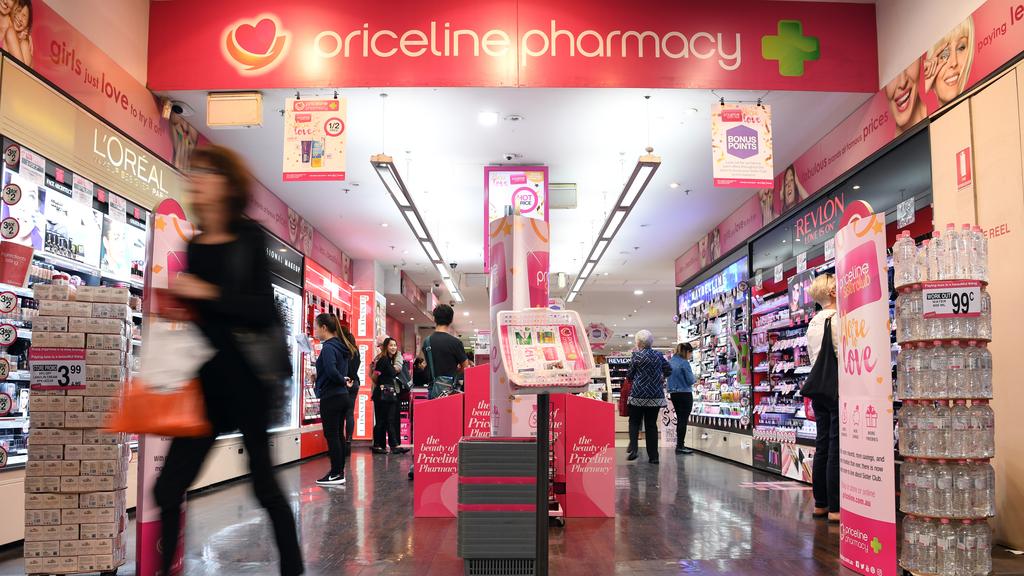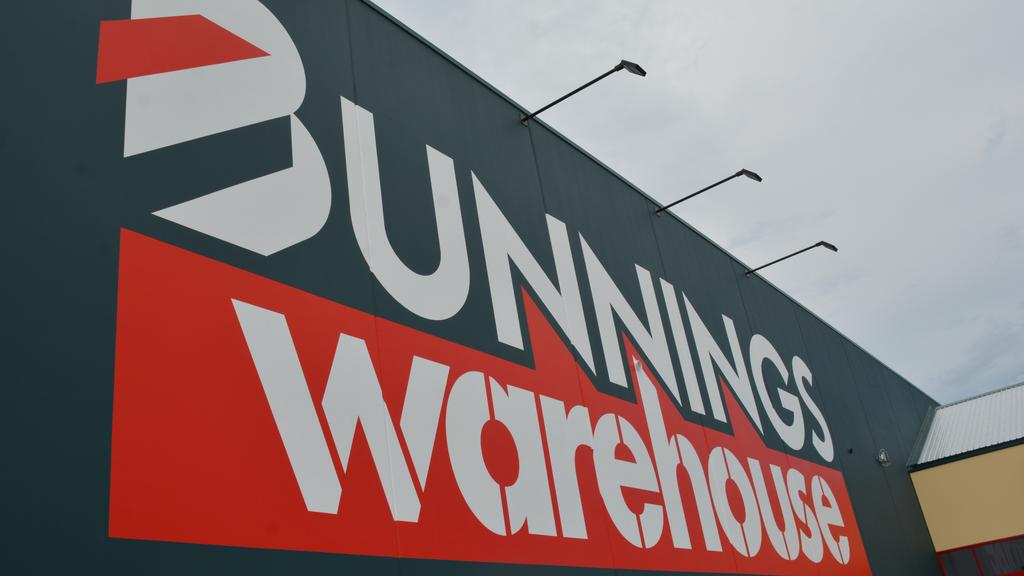
The owner of Bunnings and Kmart has made a bid for the group behind Priceline to branch into pharmacies and beauty stores for the first time.
Wesfarmers, which also owns Target and Officeworks, announced on Monday that it had lobbed an offer to Australian Pharmaceutical Industries of $1.38 cash per share, valuing it at almost $68m.
Shares in API soared on the news, leaping 18.78 per cent to $1.36 in intraday trade, while Wesfarmers inched 3c higher to $58.03 on a broadly positive day on the ASX.
The proposal has already won the backing of API’s biggest shareholder Washington H. Soul Pattinson, which is best known for its pharmacies but has broader investments including TPG Telecom, giving Wesfarmers an immediate 19.3 per cent stake.
Explaining API’s appeal, Wesfarmers managing director Rob Scott said the acquisition would provide an attractive opportunity to enter the growing health, wellbeing and beauty sector - a base it would then build on.
Wesfarmers would use its retail and distribution strength, sizeable finances and willingness to invest to capitalise on API’s strengths and market position, Ms Scott said.

Importantly, he said Wesfarmers supported the community pharmacy model, including pharmacy ownership and location rules, saying API’s relationships with its community pharmacy partners was one of its key strengths.
“We see opportunities to build on these (community pharmacy) relationships and invest to expand ranges, improve supply chain capabilities and enhance the online experience for customers,” Mr Scott said.
Thousands of community pharmacies have been keen to play a role in Australia’s Covid-19 vaccine rollout but are only doing so in some jurisdictions, with news over the weekend that TerryWhite Chemmart in Waroona had become Western Australia’s first, a development the Pharmacy Guild of Australia described as a “long overdue advance”.
Wesfarmers has already expressed its desire to help with the rollout, suggesting to the federal government that Bunnings or Officeworks carparks could be used to give jabs.
API said it was assessing the bid, noting it held an attractive portfolio.
“The indicative proposal has been made at a time where Covid-19 restrictions have resulted in store and clinic closures and these have significantly impacted on API’s operational performance,” the takeover target said, suggesting the offer could be seen as opportunistic, coming when its shares were lower than they had been in previous years.

“The API board is undertaking an analysis of whether the indicative proposal is reflective of the long-term growth prospects of API and the expected short-term impacts of the pandemic-related lockdown restrictions.”
API said lockdowns during June and July caused the temporary closure of 72 per cent of non-pharmacy company-owned Priceline stores and 75 per cent of its Clear Skincare clinic network, which provide skin treatments, laser hair removal and non-invasive cosmetic procedures.
API also manufactures pharmaceutical and personal care products through its Consumer Brands business.
In May, API announced it would begin distributing Pfizer’s off-patent Pharmaceutical Benefits Scheme medicines to its community pharmacy partners from September 1 - a non-exclusive arrangement that does not include Pfizer’s Covid-19 vaccine.
Moody’s Investors Service vice-president Ian Chitterer noted Wesfarmers would still have a strong financial position even after a successful acquisition of API, saying the ratings agency expected it would remain on the hunt for acquisitions.






































